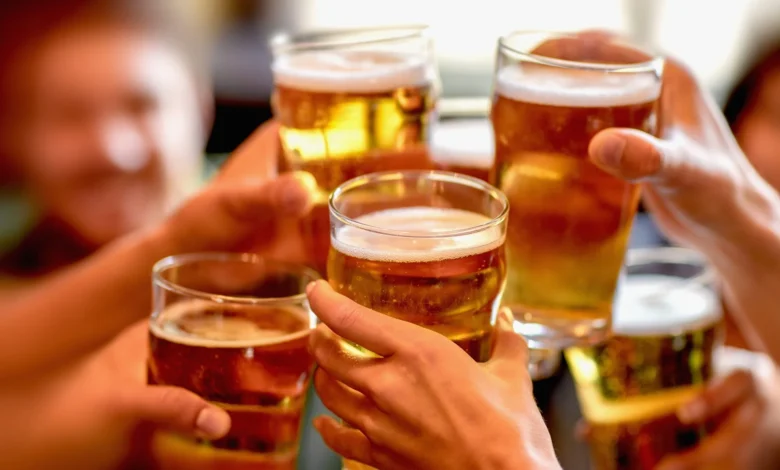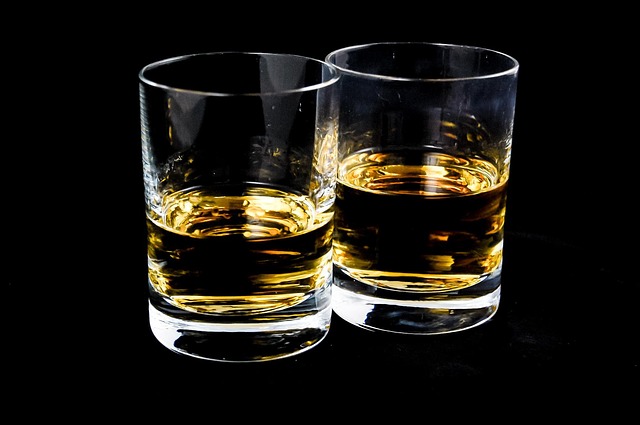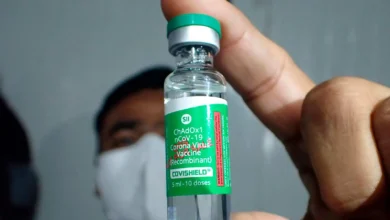Research reveals that alcohol-induced blackouts are linked to drinking patterns, not just quantity
Alcohol-induced blackouts can lead to impaired memory of events that transpired while intoxicated, and a drastically increased risk of injuries and other harms

A new study published in the journal Alcohol:
Clinical and Experimental Research reveals that alcohol-induced blackouts are dependent on drinking habits and patterns as well, and not just excessive alcohol consumption.
Research from Pennsylvania State University‘s Edna Bennett Pierce Prevention Research Centre, led by postdoctoral fellow Veronica Richards, sheds insight on the factors that lead to alcohol-induced blackouts and shows that drinking habits are just as essential.
Its induced blackouts can lead to impaired memory of events that transpired while intoxicated, and a drastically increased risk of injuries and other harms. They can occur in anyone who drinks , no matter their age or level of experience with drinking. It is known that people with (AUD) tend to have thinning in regions of their cortex, which is critical for multiple higher-order cognitive functions.

The study analyzed data from 79 college sophomores and juniors who often drank and experienced blackouts during their most recent semester, as per their report. Throughout 12 weekends, participants wore wristwatches that could measure their state of drunkenness through skin contact. They maintained journals as well to record their recollections from the day before. Approximately 70% of students experienced at least one blackout out of the 147 that were recorded during 486 drinking days.
The brain may be affected for a long time by heavy drinking. The degree of these consequences varies, ranging from brief memory “slips” to chronic, incapacitating illnesses. Chronic alcohol use may be detrimental to the frontal lobe. The area of the brain that regulates cognitive function is this one. The frontal lobe influences the creation and retrieval of both short- and long-term memories.
Three things will affect whether or not you have a blackout; the length of intoxication, peak intoxication levels, and the pace of alcohol consumption. In general, the likelihood of experiencing a blackout increases with the amount, speed, and duration of your drinking.
Quick consumption of liquor, excessive alcohol intake, and extended drinking sessions contributed to frequent blackouts. Female students had somewhat more blackouts (80%) than boys (70%), with an average of 2.2 episodes per student.
Experts recommended staying away from drinking games that promote binge drinking to reduce the likelihood of blackouts. Limiting consumption and preventing excessive drunkenness can also be achieved by alternating between alcoholic and non-alcoholic beverages throughout the night.
Having a meal or a few substantial appetizers both before and after drinking, consuming gently and monitoring how it affects your body if you sip as opposed to guzzle and reducing the amount and speed at which you consume it, think about sipping a glass of water in between each alcoholic beverage prevents blackouts.
You might also be interested in – Research reveals that alcohol-induced blackouts are linked to drinking patterns, not just quantity


